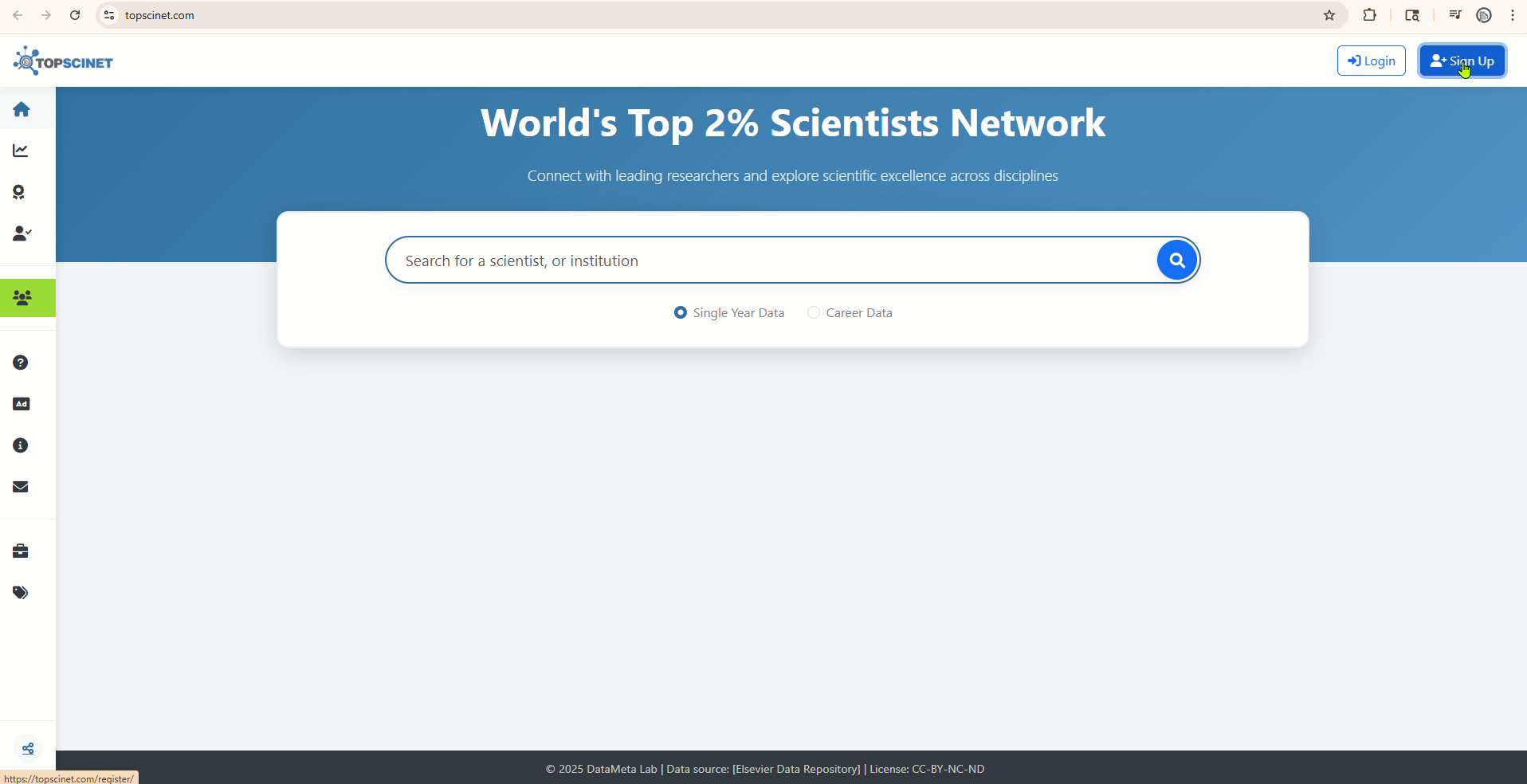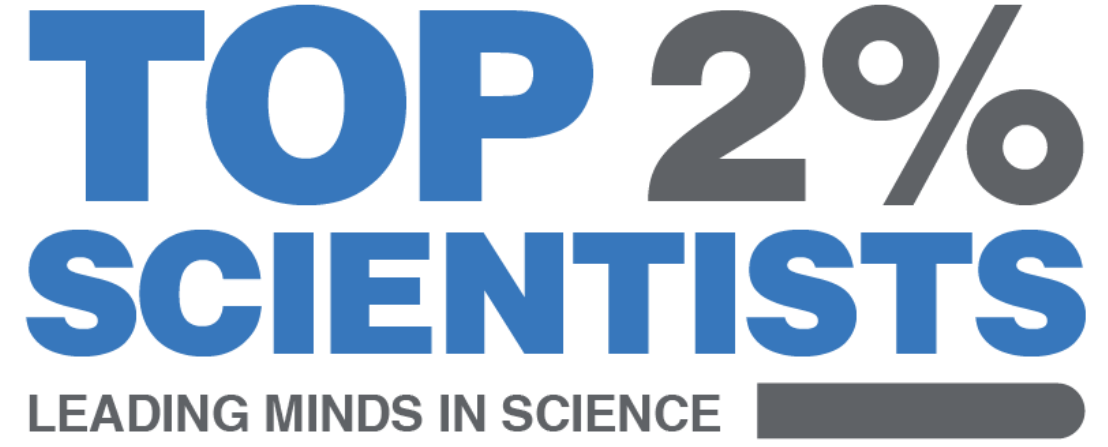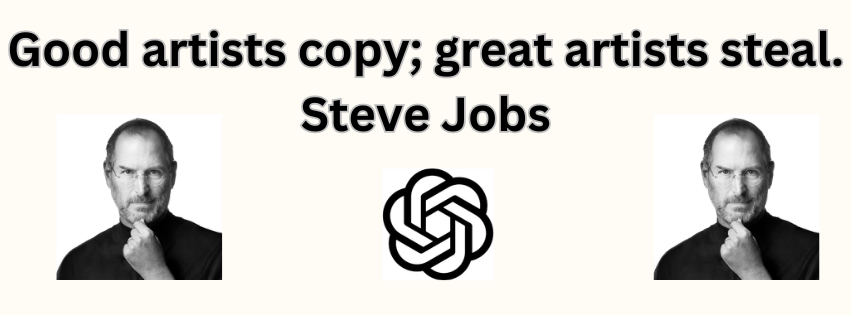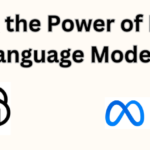In his 2005 commencement speech at Stanford University, Steve Jobs famously declared, ‘Good artists copy, great artists steal.’ This provocative statement initially met with controversy and even outrage, but it has since become a guiding principle for creatives worldwide. Today, we will explore the concept of artistic greatness through the unique lens of large language models (LLMs). The Stealing Genius of LLMs: Are They Great Artists? Do they meet Jobs’ criteria for greatness?
What is Stealing in Art?
Before diving into the world of LLMs, let’s dissect what Steve Jobs meant by “steal.” In this context, stealing refers to taking inspiration from others, building upon existing ideas, and creating something new and innovative. It’s not about copying or plagiarizing someone else’s work verbatim but rather using it as a foundation to push the boundaries of art.
LLMs: The Stealing Machines?
Large Language Models are artificial intelligence AI systems trained on vast amounts of text, images, video, and other data types. They can generate human-like responses to prompts, from simple answers to complex essays. For instance, an LLM can write a poem in the style of Shakespeare or a news article in the tone of a respected journalist. However, their output is not always original, often echoing their training data’s ideas and language patterns. In this sense, LLMs could be seen as “stealing” from humanity’s collective knowledge. By learning from millions of books, articles, and other texts, they can reproduce language patterns and ideas that others have already conceived.
But is it Great Art?
Now, let’s consider Jobs’ assertion: does this ability to steal (or borrow) make LLMs great artists? When we talk about ‘great art, ‘we’re referring to works that are not only technically proficient but also original, thought-provoking, and emotionally resonant. While LLMs’ capacity for generating text on par with humans is impressive, one might argue that their output needs to include human-created art’s depth, nuance, and originality. Their programming and training data ultimately limit LLMs. Although they may mimic human-like responses, they don’t possess the same level of creativity, intuition, or emotional resonance that makes excellent art genuinely remarkable.
The Value of Human Touch
What LLMs lack in originality, they more than makeup for in sheer volume and accessibility. However, their reliance on preexisting knowledge raises questions about the value of the human touch in creative endeavors. The ‘human touch’ in art refers to the unique perspectives, experiences, and emotions that human artists bring to their work. It’s the authenticity and vulnerability in their creations that LLMs, no matter how sophisticated, cannot replicate. In contrast, human artists bring unique perspectives, experiences, and emotions to their work. Their creations are imbued with authenticity and vulnerability that LLMs, no matter how sophisticated, cannot replicate.
Conclusion
While LLMs may be able to ‘steal’ (or borrow) from the best of humanity’s creative output, the question remains: do they truly embody the spirit of great art? The Stealing Genius of LLMs: Are They Great Artists? LLMs are undeniably powerful tools for generating text and sparking ideas, but their limitations should not be overlooked. As we navigate the intersection of AI and creativity, let us keep in mind Steve Jobs’ words: ‘Good artists copy; great artists steal.’ However, true greatness lies in the ability to innovate, to push boundaries, and to create something entirely new – a quality that, for now, remains uniquely human.
Related articles:
Local Large Language Models for Medicine and Research
On-Device Inference with Hugging Face’s Optimized Segment Anything 2
Searchable Database for Top 2% Scientists
Visit TOPSCINET.com
If your name appears in the search results, claim your profile using your institutional email to update your social media links and enhance your online presence.





Pingback: Peer Review Payment Scandals in Major Academic Publishing - Top 2% Scientists
Pingback: How AI Empowers Employees and Transforms Industries - Top 2% Scientists